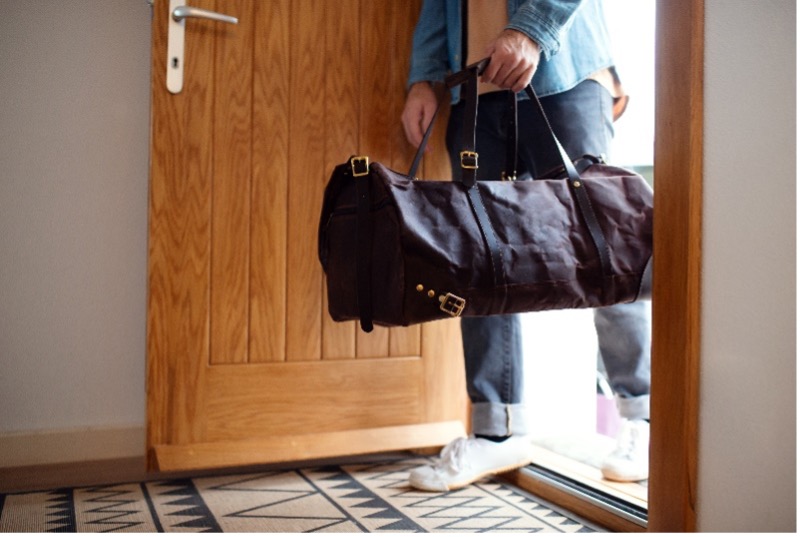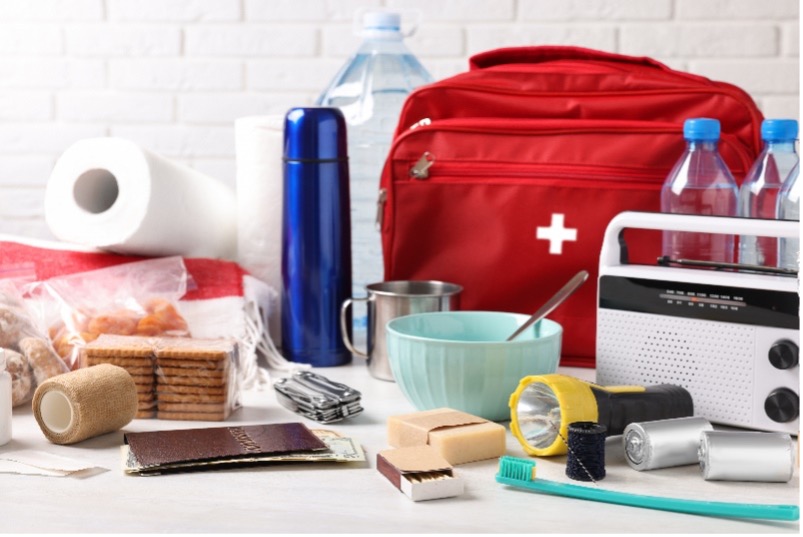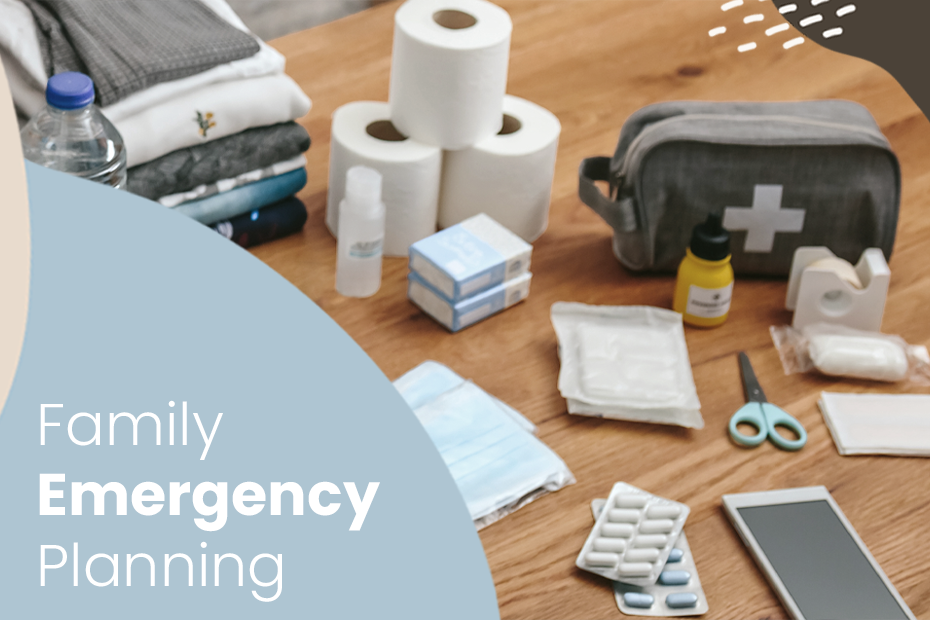In case of an emergency or disaster scenario, is your family prepared? As a medically fragile family, creating a strategic plan is vital to keeping your loved ones safe. In this blog, The Unforgotten Families will share helpful disaster planning tips to ensure the family emergency planning is complete and can help your family stay safe in any situation.
It is important to note that when your medically fragile loved one first comes home, you are to notify local first responders so that in case of any emergencies listed below, your family is a top priority for receiving additional support.
Evacuation Scenario
One of the first things to consider is transportation. Does your family have reliable transportation? Does your caretaker have anywhere to go? Can this method of transportation safely convey all members of your family and your loved one’s caretaker?
In an evacuation scenario, time is of the essence. With this, your family must know what they take with them and what they leave at home as part of the family emergency planning.
Emergency evacuation items to consider that are easy to pack:
- Wallet and handbag
- Passport
- Cell phone
- Critical backup drives and laptop
- Special or invaluable items
- Chargers (phones, medical equipment, electronic devices, etc.)
- Medication
- Travel medical equipment
The Unforgotten Families recommend having a suitcase or travel bag filled with clothes, toiletry items, and backup chargers as an item to grab in case of an emergency evacuation. The travel bag can be kept in a closet by either the front door or garage for efficiency – whatever is easiest for your family. Having a travel bag also makes you confident if your family needs to go somewhere for an extended stay. To pack for an extended stay, pack additional supplies and medications, and have a plan for transportation and housing.

Power Outage Scenario
When a power outage strikes, it can be scary and leave your family in the dark (quite literally). As a medically fragile family, experiencing a power outage can put your loved one’s breathing at risk, pause their treatment, and remove any ability for you to adjust their bed. All the situations listed previously set your loved one in harm’s way. Here is what you can do as part of your family emergency planning:
- Work with your preferred healthcare provider to create a plan in case of a power outage. This plan should include information on what medical devices the child needs, how long the backup power source will last, and what to do in an emergency.
- Have a backup power source such as a generator, battery backup, or power inverter to power the child’s medical devices.
- Keep extra medical supplies readily available and have a plan for refrigerated medications.
For families with a loved one on permanent oxygen support, we recommend ensuring all oxygen tanks are checked frequently and are full and ready for use in case of a power outage. When your oxygen tanks get low, contact your medical supplier for refills.

Flood / Tropical Storm Scenario
A flood can be particularly challenging for medically fragile families, as it can impact the child’s access to medical care and supplies. In case of a flood, it is essential that all plugged-in medical devices either be unplugged or moved from the water to avoid electrocution.
The Unforgotten Families recommend you address any water damage within the home as soon as possible to prevent mold and other issues that can negatively impact your medically fragile child’s health.
If the flood continues, you and your loved ones may need to move to higher ground once safety is established or evacuated.
In addition to the helpful family emergency planning information above, various genuinely impactful resources are available to help families like yours with disaster planning.
